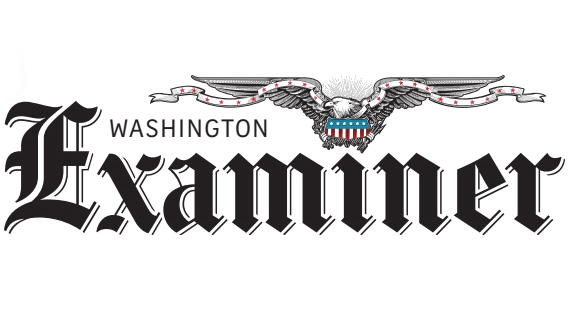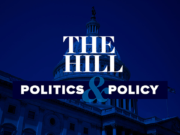When they signed the Declaration of Independence, the Founders pledged their “lives … fortunes, and … sacred honor” to the political cause they were fighting for. They didn’t pledge their “lives, sacred honor, and fortunes up to an amount to be determined by Parliament and signed into law by the King.” And we shouldn’t so limit ourselves, either.
The ability to contribute financially to elect or defeat a candidate for office has long been recognized as a core First Amendment right. It is part of both our freedom of association — to join together with others to voice our views and accomplish our political goals — and our right to speak — to pool our resources to deliver a message to other voters. In the landmark 1976 case of Buckley v. Valeo, the Supreme Court noted that limits on political giving “operate in an area of the most fundamental First Amendment activities.”
Nonetheless, the Supreme Court has tolerated, and the states and federal government have regularly enacted, restrictions on this right. This month, the Institute for Free Speech, of which I am chairman, released the first installment of the Free Speech Index, measuring and ranking which states score best and worst when it comes to respecting the rights of their citizens to participate in political discussion and debate. This first installment ranks states on the basic right of citizens to contribute financially to electing or defeating the candidates of their choice.
Many people mistakenly believe that campaign finance is a “Wild West” with no rules. In fact, campaign finance is heavily regulated federally and in many states — more than ever prior to the 1970s. At the same time, many mistakenly believe that most states limit all types of campaign contributions. But this is not true, either. Regulation varies considerably from state to state, with several states placing no limits on contributions. Citizens in these states have greater freedom to participate in political debate and more opportunity to hear differing views. It is also easier for upstart candidates to challenge established incumbents.
It turns out that freedom to contribute one’s dollars to a political cause is not only a fundamental liberty, but good government as well. Utah and Nebraska — which tied Alabama, Oregon, and Virginia for the top score — have been ranked among the best-managed states, as determined by U.S. News and World Report. Other states in our top 10 for speech freedom include economically booming Texas and North Dakota.
Restrictions on political giving are often justified on the grounds that they prevent corruption. A recent study for Harvard’s Safra Center on Ethics ranked states on their level of “legal corruption,” defined as “campaign contributions or endorsements by a government official, in exchange for providing specific benefits to private individuals or groups, be it by explicit or implicit understanding.” What they found to be the 11 most corrupt states had a median rank of 24 in the Free Speech Index, while the 12 least corrupt states had a median of 13.5 when it came to the Free Speech Index. The most corrupt state was Kentucky, which, perhaps not coincidentally, also had the worst score of any state in the Free Speech Index.
Government officials routinely tell us what they plan to do about this or that problem, but rarely are they asked: “What are you doing to make us more free?”
It’s about time that voters asked that question — especially when it comes to freedom of political speech and action. The Free Speech Index gives voters a tool to ask that question and see results.
This post originally ran in The Washington Examiner on April 3rd 2018.














